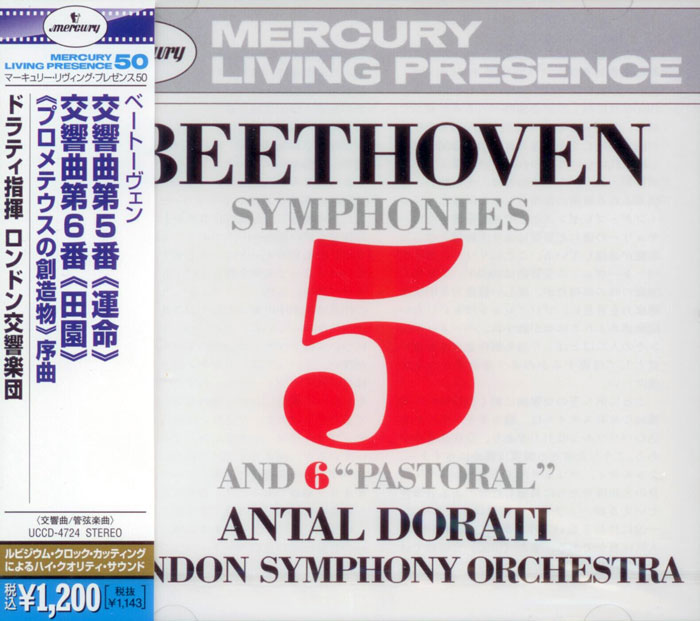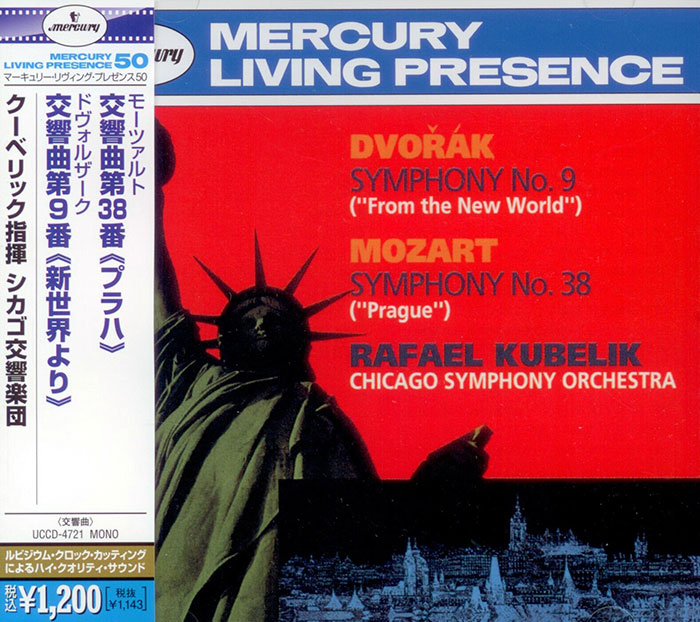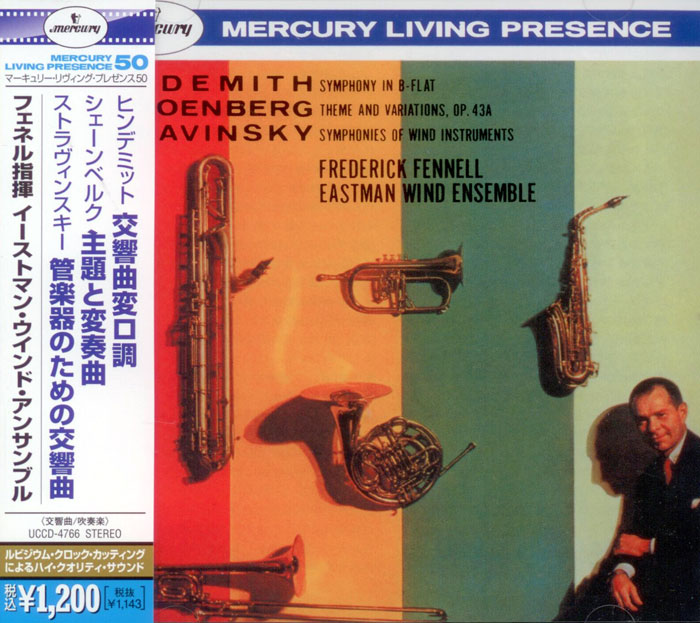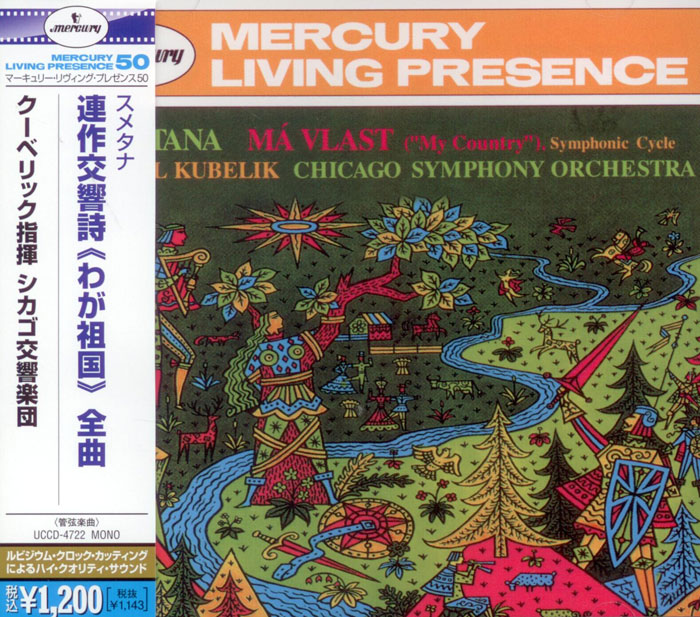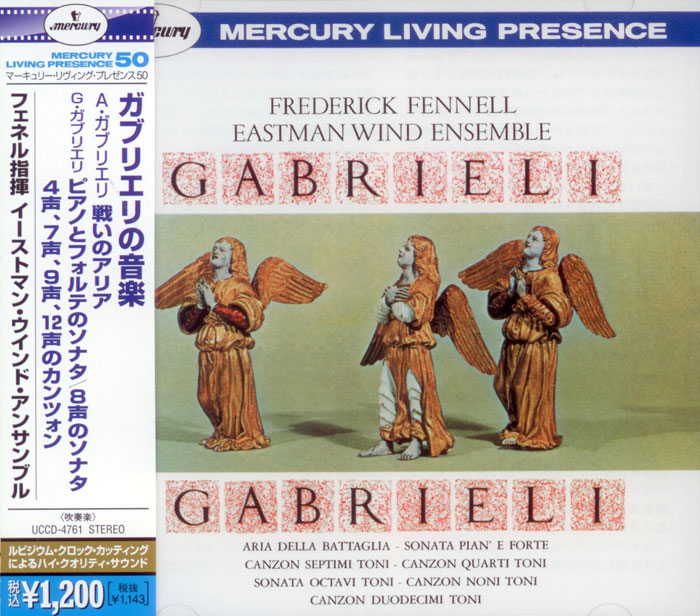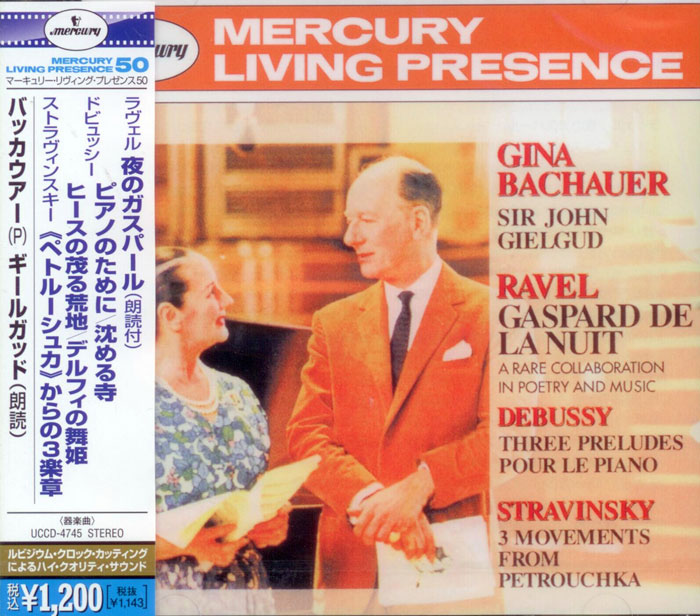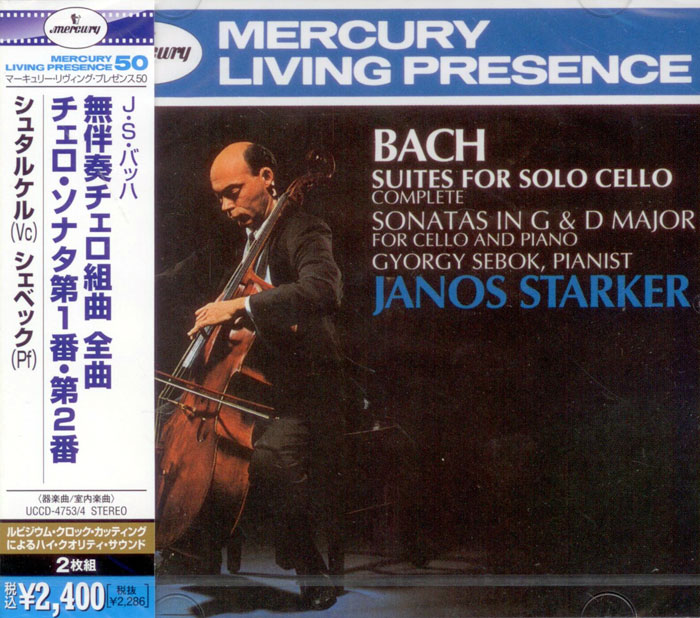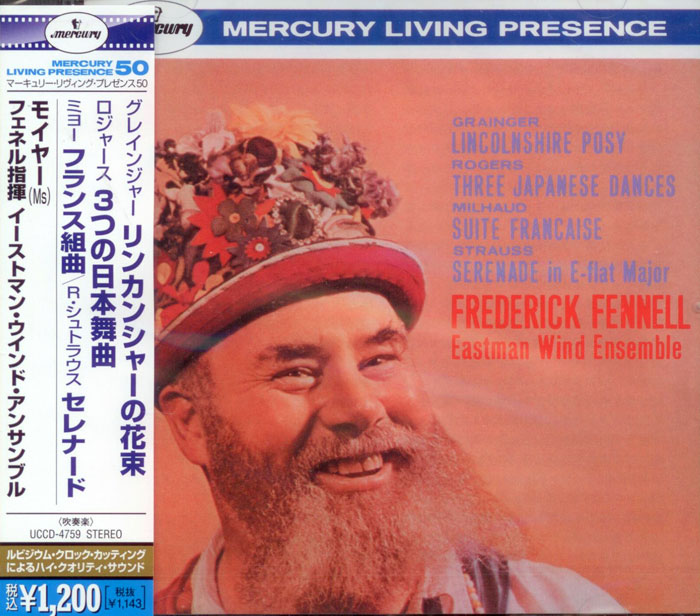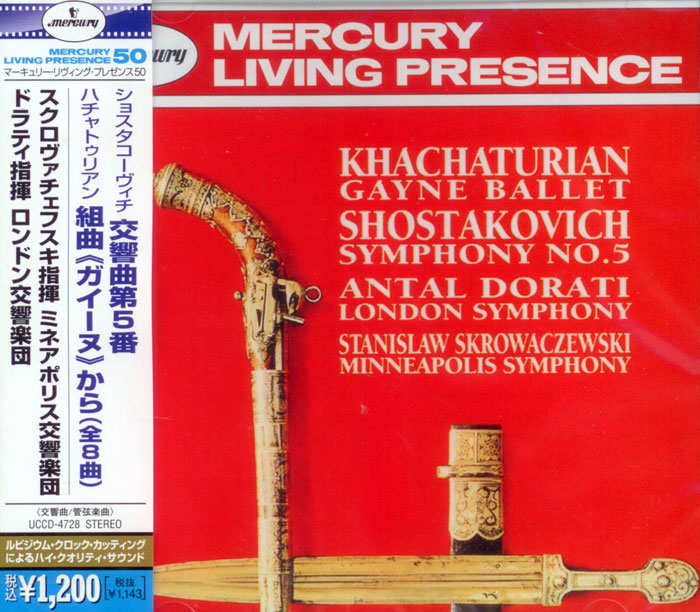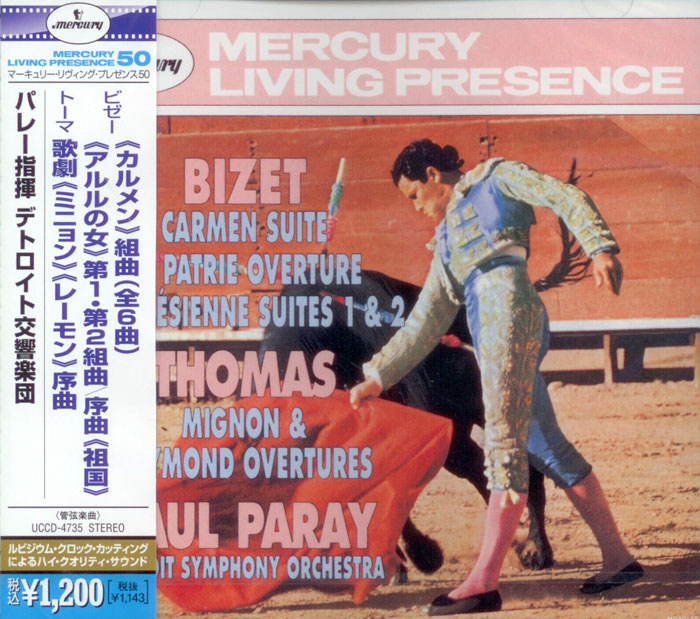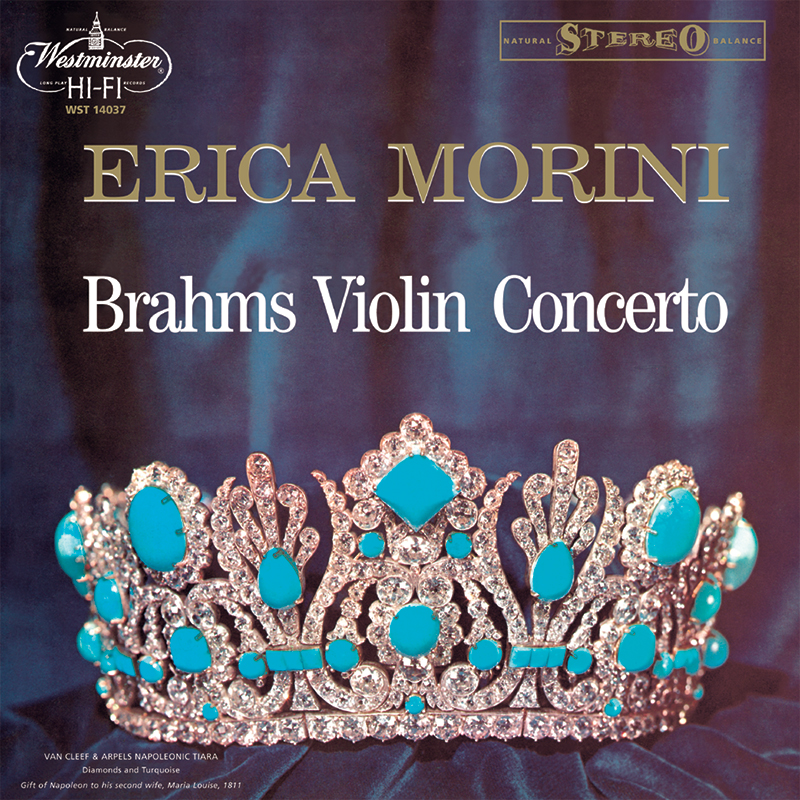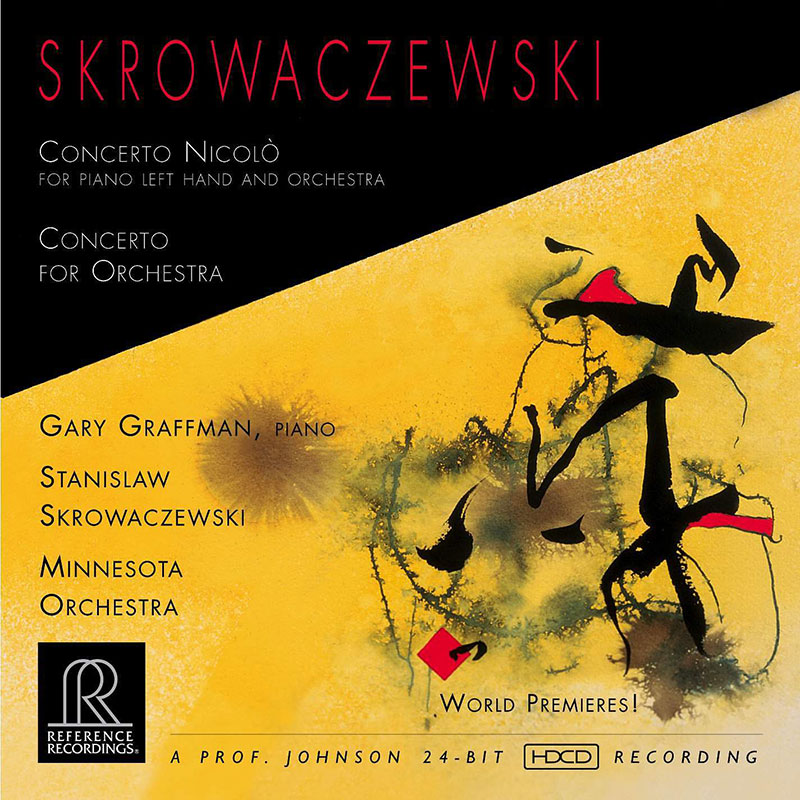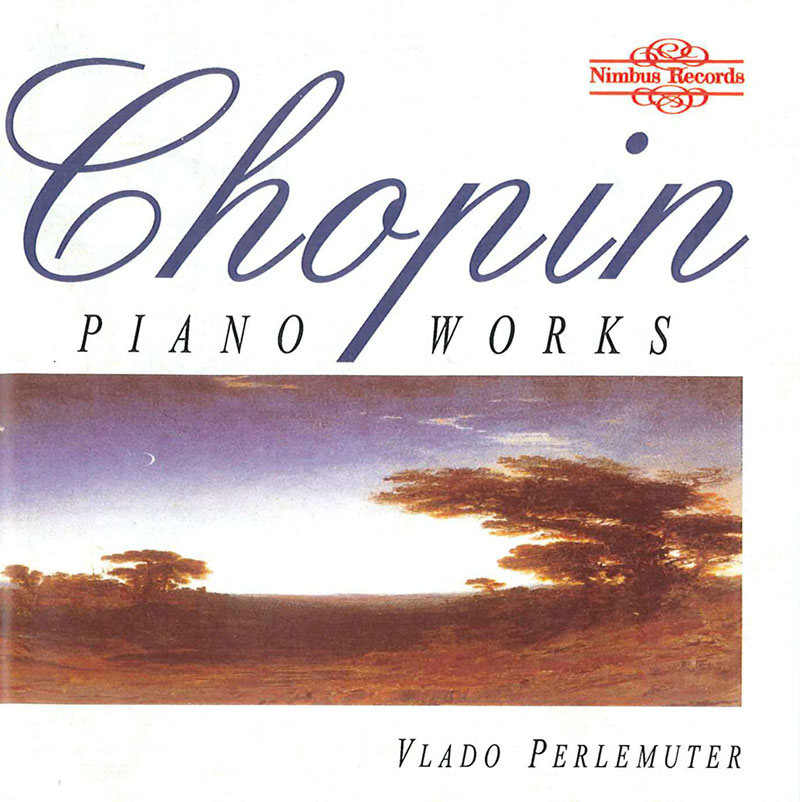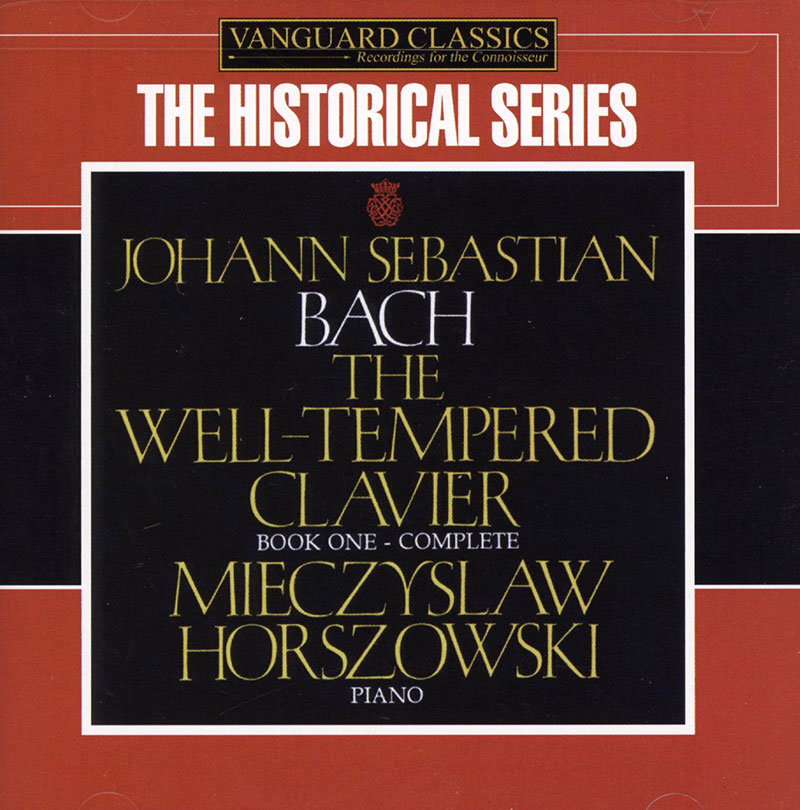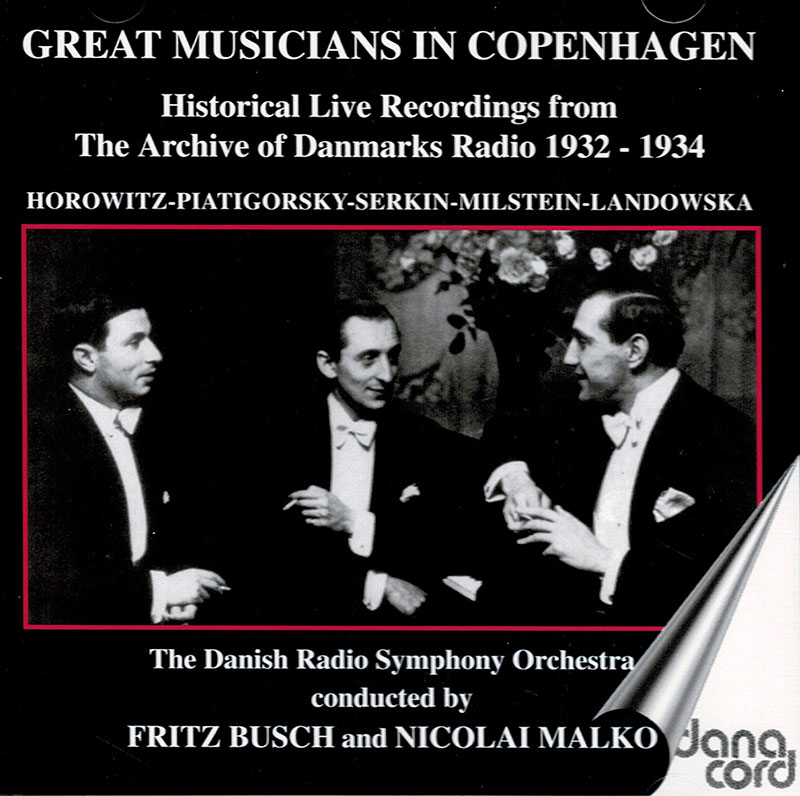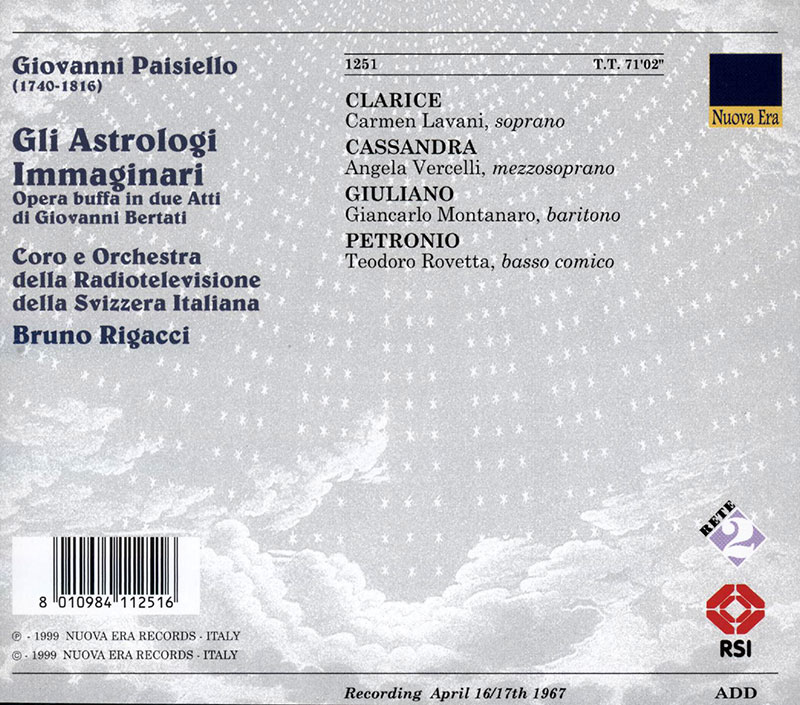Logowanie
Dlaczego wszystkjie inne nie brzmią tak jak te?
Chai Lang, Fan Tao, Broadcasting Chinese Orchestra
Illusive Butterfly
Butterly - motyl - to sekret i tajemnica muzyki chińskiej.
Brzmią jak sen na jawie
KHACHATURIAN, SHOSTAKOVICH, Antal Dorati, Stanislaw Skrowaczewski, The London Symphony Orchestra
Gayne / Symphony No. 5 in D minor, Op. 47
Stanisław Skrowaczewski,
Winylowy niezbędnik
ClearAudio
Cartridge Alignment Gauge - uniwersalny przyrząd do ustawiania geometrii wkładki i ramienia
Jedyny na rynku, tak wszechstronny i właściwy do każdego typu gramofonu!
ClearAudio
Harmo-nicer - nie tylko mata gramofonowa
Najlepsze rozwiązania leżą tuż obok
IDEALNA MATA ANTYPOŚLIZGOWA I ANTYWIBRACYJNA.
Osobowości
SKROWACZEWSKI, Stanislaw Skrowaczewski, Minnesota Orchestra
Concerto Nicolo for piano left hand and orchestra
WORLD PREMIERE!
PAISIELLO, Angela Vercelli, Carmen Lavani, Orchestra Della Svizzera Italiana, Bruno Rigacci
Gli Astrologi Immaginari
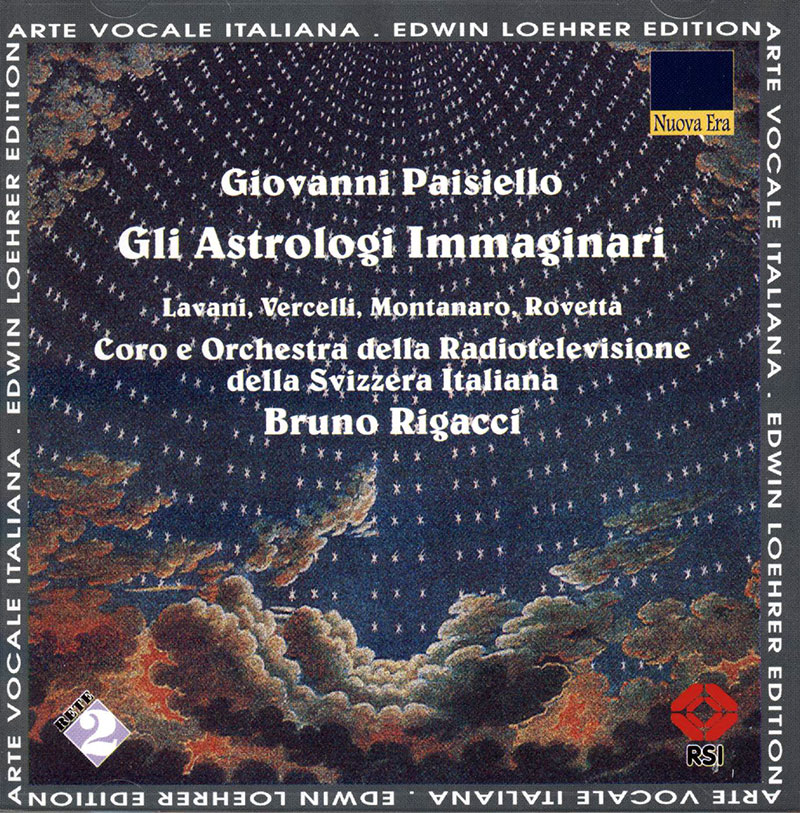
- Angela Vercelli - mezzosopran
- Carmen Lavani - soprano
- Orchestra Della Svizzera Italiana - orchestra
- Bruno Rigacci - conductor
- PAISIELLO
Carmen Lavani (Clarice), Angela Vercelli (Cassandra), Giancarlo Montanaro (Giuliano), Teodoro Rovetta (Petronio) Orchestra della Svizzera Italiana, Bruno Rigacci This is a small-scale work, almost a chamber opera. There are only four principals, the chorus of pupils has limited involvement, and the orchestra isn’t particularly large. The plot is typical opera buffa: papa (bass) considers himself to be quite cultured. He has two soprano daughters, one of whom wants to marry Giuliano, the baritone. Giuliano has to disguise himself as a famous philosopher to gain papa’s approval to marry the younger daughter, Clarice. As if you haven’t guessed, all ends happily. The booklet describes Paisiello’s score for this work as “full of verve and originality.” I agree. Each of 11 numbers, separated by brief recitatives, bubbles along merrily. The orchestrations provide more than perfunctory accompaniment, but frequently offer some interesting commentary. All of the soloists have a good feel for the opera buffa idiom. They play their roles with light-hearted sincerity. The two standouts are Carmen Lavani (Clarice) and Giancarlo Montanaro (Giuliano). Lavani has the light soprano ideal for soubrette roles; Montanaro is wonderfully comic when he assumes the disguise as the famous philosopher. Teodoro Rovetta is at his best when he’s being bamboozled by Giuliano’s scholar-in-disguise. Angela Vercelli doesn’t have much to do as Clarice’s sister, Cassandra, but Vercelli has a lovely mezzo and adds to the ensembles. This opera was studio recorded in 1967. The stereo sound is bright and clear, a slight favoring of the voices over the orchestra is soon corrected to an ear-pleasing balance. Unfortunately, the booklet only includes the text in Italian. I know enough Italian to follow the overall progression of the plot (aided by the very brief synopsis in the text), but many of the textual details were lost to me. We learn from the booklet that the Empress of Russia considered this opera to be one of Paisiello’s masterpieces. She had many to choose from. Paisiello wrote nearly 100 operas, not including revisions of earlier works, and is probably best known today as the composer of the “other” Il barbiere di Siviglia , the one that pre-dates Rossini. Unfortunately, I have only heard four of Paisiello’s operas. I say unfortunately because I like his music and wish he were better known and more prolifically recorded. Of the four, Gli astrologi immaginari is the earliest; it premiered in 1779, and carries the catalog number R 1.58. His first opera, La moglie in calzone (R 1.00), premiered in 1764, and his last, I pittagorici (R 1.96), premiered in 1808. Gli astrologi immaginari is not as musically complex or dramatic as his opere serie , such as Prosperpine (R 1.94, 1803), but his gift for melody is consistent. If you like late-18th-century opera, you’re likely to be happily rewarded with this little gem. FANFARE: David L. Kirk






